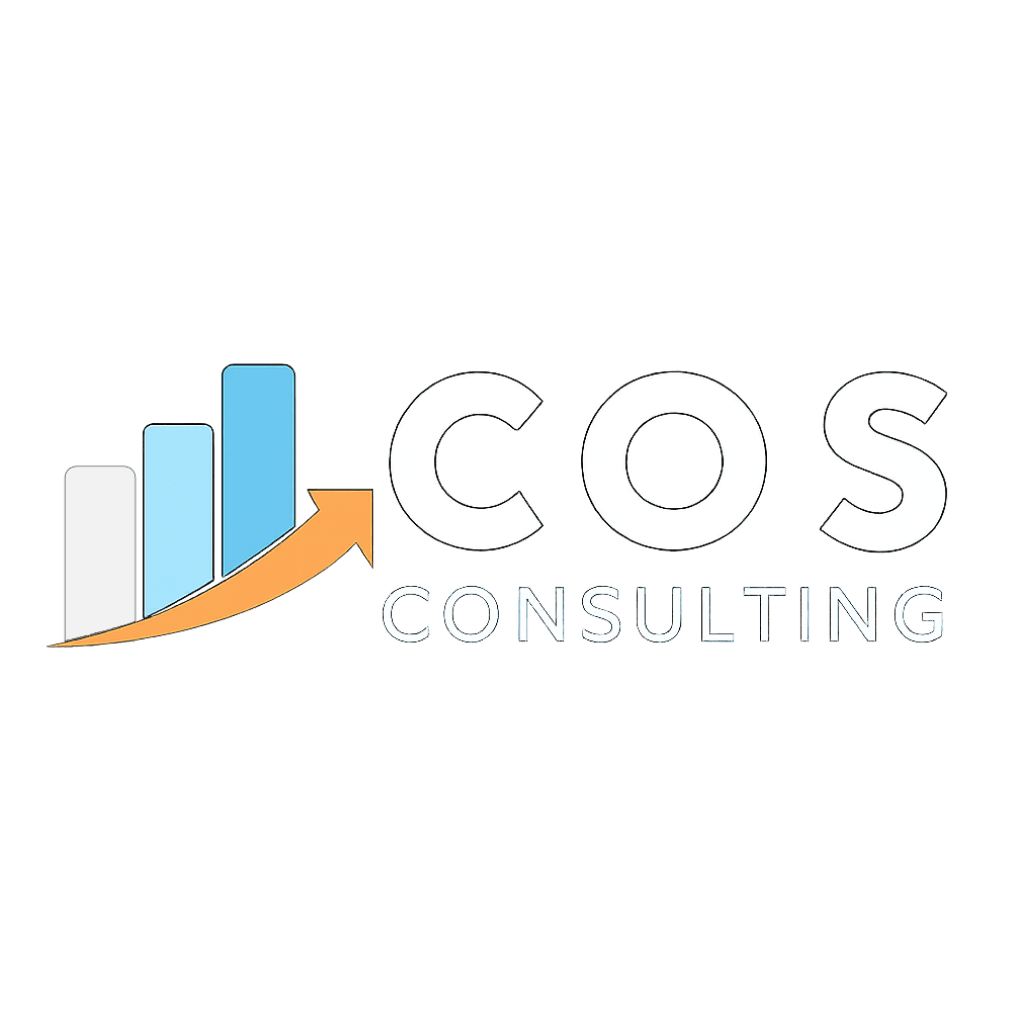Business Planning

Crafting a Vision and Setting Strategic Goals
The Business Planning Workshop will begin with a deep dive into the foundational step of any successful business plan: crafting a clear vision and setting strategic goals. Participants will learn how to articulate their business’s mission, vision, and core values, which serve as the guiding principles for decision-making and long-term growth. This session will emphasize the importance of aligning these elements with market demands and organizational capabilities to ensure feasibility and relevance.
Through interactive exercises, attendees will work on defining short-term and long-term goals using frameworks like SMART (Specific, Measurable, Achievable, Relevant, Time-bound). Facilitators will also guide participants in identifying key performance indicators (KPIs) to track progress and measure success. By the end of this segment, participants will have a clear roadmap that not only outlines their aspirations but also provides actionable steps to achieve them. This foundational work will set the stage for the rest of the workshop, ensuring that every subsequent activity is aligned with the participant’s overarching business objectives.
Market Analysis and Competitive Positioning
A critical component of the Business Planning Workshop is the focus on conducting thorough market analysis and understanding competitive positioning. Participants will learn how to assess industry trends, customer needs, and competitor strategies to identify opportunities and threats in their target markets. This session will cover tools such as SWOT analysis (Strengths, Weaknesses, Opportunities, Threats) and PESTLE analysis (Political, Economic, Social, Technological, Legal, Environmental), enabling attendees to evaluate both internal and external factors impacting their business.
Attendees will also explore techniques for segmenting their target audience and creating detailed customer personas. Understanding the unique pain points, preferences, and behaviors of potential customers is essential for developing products or services that truly resonate. Additionally, facilitators will discuss strategies for differentiating a business from competitors, including pricing models, branding, and value propositions. By mastering these skills, participants will be better equipped to position their businesses strategically and capture market share effectively.
Financial Planning and Forecasting
One of the most anticipated segments of the Business Planning Workshop is the session on financial planning and forecasting , where participants will gain practical insights into creating realistic budgets, financial projections, and funding strategies. Financial health is the backbone of any business, and this session will teach attendees how to develop comprehensive financial plans that include income statements, cash flow forecasts, and balance sheets.
Participants will learn how to calculate key financial metrics such as break-even points, profit margins, and return on investment (ROI), which are crucial for evaluating the viability of their business ideas. The workshop will also address various funding options, including bootstrapping, venture capital, bank loans, and crowdfunding, helping entrepreneurs choose the best path for their specific needs. Through hands-on activities, attendees will practice building financial models and interpreting data to make informed decisions. By the end of this session, participants will have the confidence to present their financial plans to stakeholders, investors, or lenders with clarity and precision.
Operational Planning and Execution Strategies
Another key highlight of the Business Planning Workshop is the focus on operational planning , where participants will learn how to translate their strategic goals into actionable operational plans. This session will explore the processes, systems, and resources required to execute business strategies effectively. Attendees will delve into topics such as supply chain management, workflow optimization, and resource allocation, ensuring that their businesses run efficiently and cost-effectively.
Facilitators will guide participants in designing operational workflows and identifying key milestones to track progress. For example, entrepreneurs will learn how to create production schedules, manage inventory levels, and establish quality control measures. The session will also address the importance of leveraging technology, such as project management tools and automation software, to streamline operations and enhance productivity. By focusing on execution strategies, this segment ensures that participants leave the workshop with a practical blueprint for turning their plans into reality.
Pitching Your Business Plan and Networking Opportunities
The Business Planning Workshop will culminate in a dynamic session focused on pitching your business plan and networking with peers and industry experts. Participants will have the opportunity to refine their pitch delivery, learning how to communicate their vision, value proposition, and financial projections in a compelling and concise manner. This session will include mock pitch presentations, where attendees can receive constructive feedback from facilitators and fellow participants.
In addition to honing their pitching skills, attendees will benefit from dedicated networking opportunities throughout the event. These sessions will allow participants to connect with like-minded entrepreneurs, potential collaborators, mentors, and investors who can provide guidance and support. Structured networking activities, such as roundtable discussions and one-on-one meetings, will foster meaningful relationships and open doors to future partnerships. By the end of the workshop, participants will leave not only with a polished business plan but also with a network of contacts who can help them bring their ideas to life.
